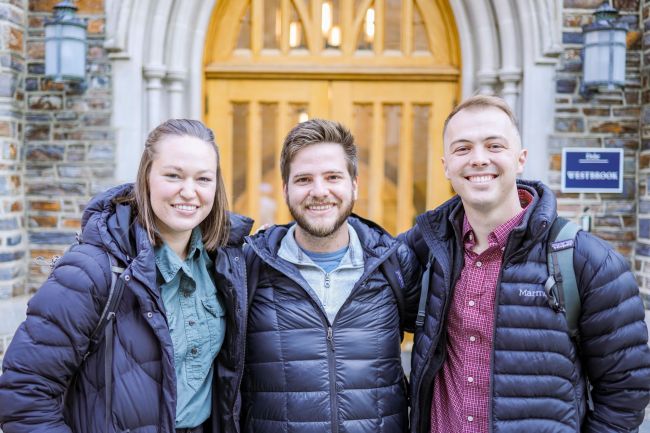
The Presbyterian/Reformed House of Studies participates in the mission of Duke Divinity School, which seeks to form persons to serve and bear witness to the Triune God in the church, the academy, and the world. Its unique role is to nurture the Reformed Christian community at the Divinity School by supporting and cultivating students as persons, pastors, and leaders in the life of the Reformed Christian tradition.

